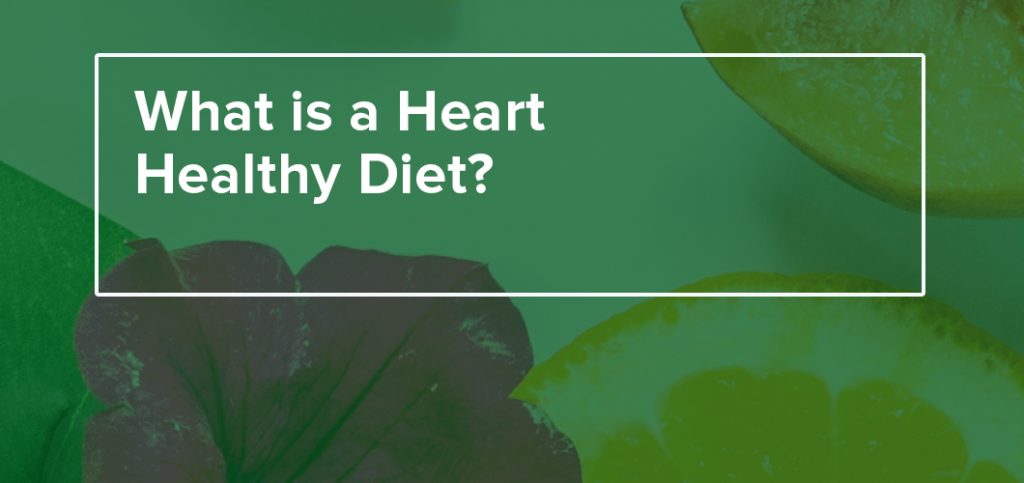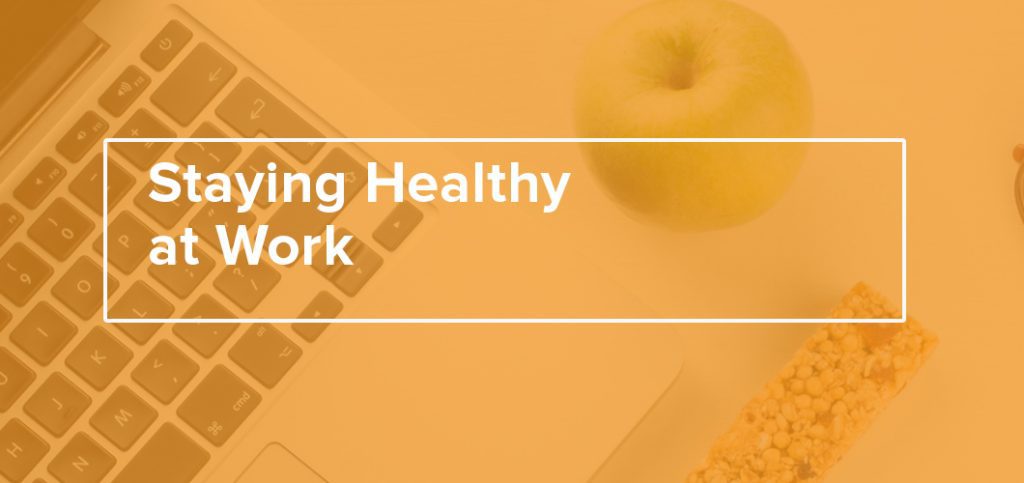
The Importance of Trying New Foods
There are many reasons why trying new foods is beneficial. You can: Broaden your flavour horizons. What is your favourite food?

Determining Nutrition Priorities
Improving nutrition can look daunting and overwhelming if we try to tackle everything at once. There is a lot to think about: Am I getting adequate protein? Is my breakfast balanced?

Potential Benefits of Seeing a Registered Psychologist Online
It might sound a little self-promoting for a psychologist to say, “I think everyone can benefit from therapy. ” Yet I truly believe this. Clients connect with me for a variety of reasons, but the majority are looking for help with something specific – typically something that is bothering them or making them feel ‘stuck’ in some important aspect of life here and now.

7 Reasons to Keep a Food Journal
Journaling food allows you to make a connection between your body and the food you eat. It can help you to improve or even repair your relationship with food and help you to better understand what food and pattern of eating works best for you and your life. From my experience tracking calories alone may hinder your relationship with food.

How a Registered Psychologist can Support Your Wellness Journey with a Dietitian
When I first started at Revive, I would get phone calls from the dietitians who were curious about how to identify when my services might add value to their client’s wellness journey, and how to help their clients understand the potential benefits. If you are seeking support with your nutrition and fitness goals from one of Revive Wellness’ dietitians, here are a few reasons that adding psychological services to your package can provide a significant boost to your success in achieving those goals: 1. Deeper Awareness of Food-Mood Connections: A psychologist can help you build awareness about your relationship with food, emotions, life experiences, internal dialogue (self-talk), and patterns of behaviour.

10 Behaviours that are Sabotaging Your Health Goals
With the New Year many people set grand resolutions. However, these types of goals are often difficult for people to maintain them. If you’ve have made some New Years resolutions don’t give up on them just yet.

Establishing Consistency and Maintaining Exercise Habits
When it comes to fitness routines, getting started can often be the hardest part. Once we do get going, the next challenge becomes the long-term maintenance of regular physical activity. While the solution may seem to boil down to “just doing it”, it’s not always going to be that simple.

What is a Heart-Healthy Diet?
The Heart and Stroke Foundation reports that 80% of premature heart disease and stroke can be prevented by adopting behaviour changes such as healthy eating. A heart-healthy diet can be accomplished in many ways: Eating out less and cooking more at home Switching out the salt with more herbs or spices Adding in whole grains to increase fibre Increasing fruit and vegetable intake Introducing beans, lentils and legumes to your diet Incorporating fish twice a week into your meal plan Choosing healthy oils Being mindful of the treats and extras Preventing and lower your risk of heart disease, stroke and even blood pressure can be accomplished by looking at the foods we are eating, how we are moving, quitting or reducing smoking and how we are managing our stress. Although this might seem like a daunting task – work at changing one behaviour at a time.

How to Stay Healthy at Work
Keeping healthy habits at work can be a huge challenge. We are all very busy people with lots on our agenda and it can be tough to prioritize our health. When thinking about staying healthy at work there are a handful of topics to consider: Energy requirements In order to be the most productive at work, we need to be mindful that we are fueling our body with enough food.

How To Reframe New Year’s Resolutions So That They Last
Thinking about setting a New Year’s resolution this year? According to a study done in 2020, the most popular resolutions were set on the topics of physical health, weight loss, and eating habits. From this same study, after 1 year 55% considered themselves successful at keeping their resolutions.


